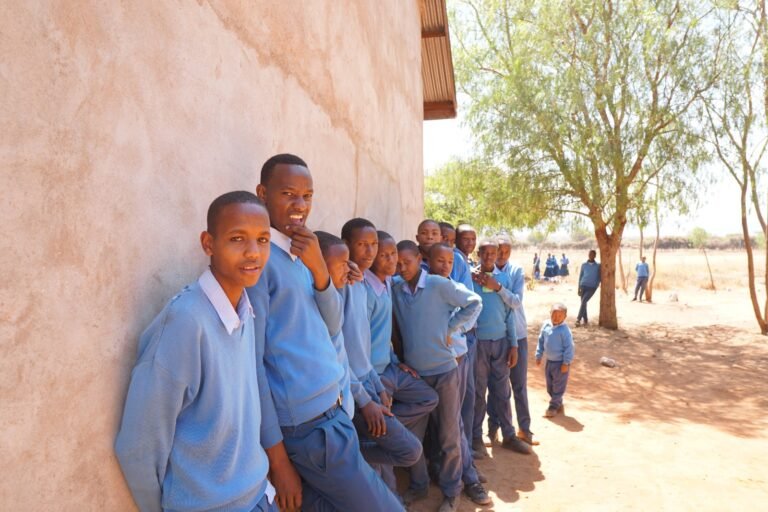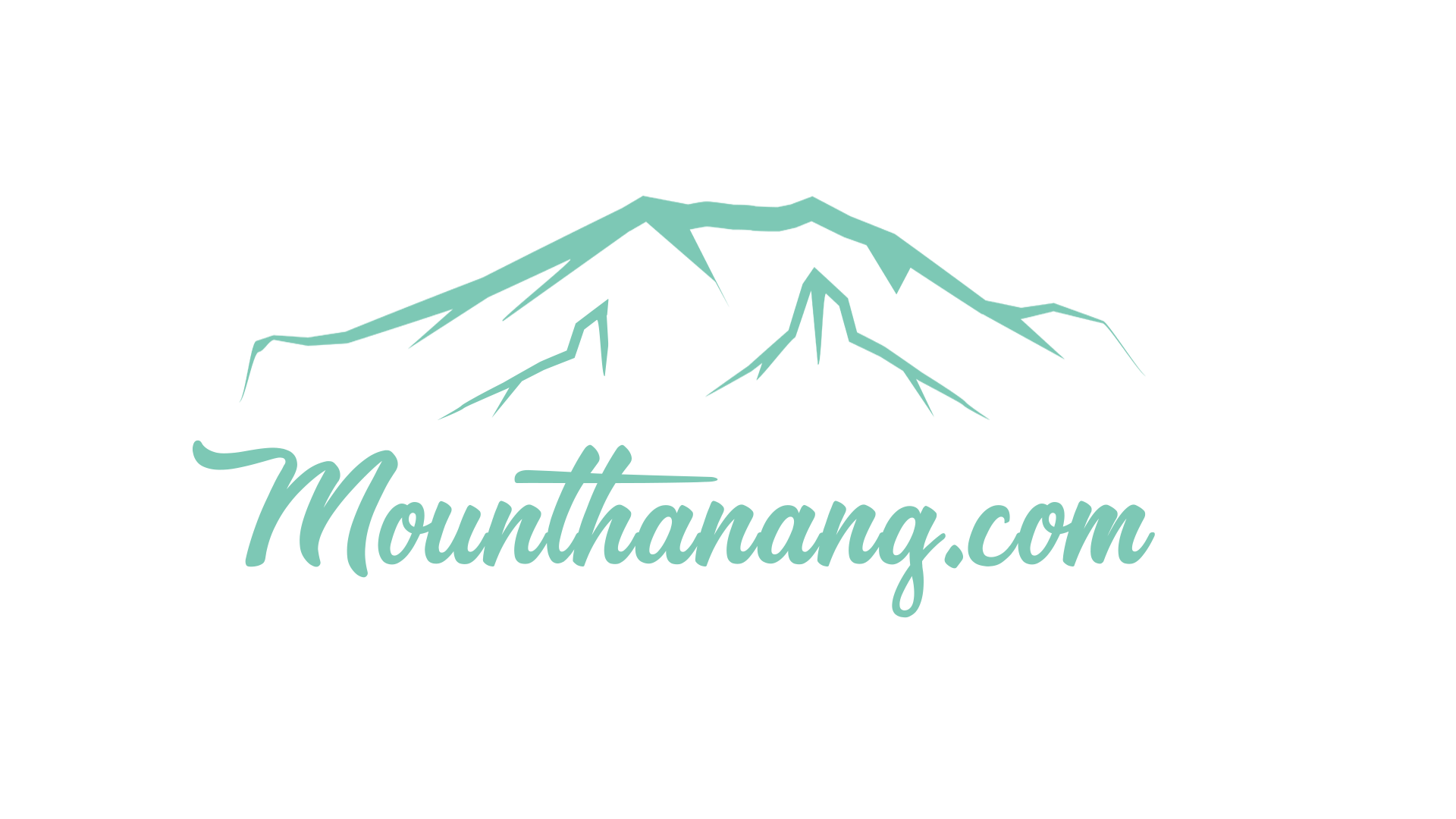Education
Education

The United Nations’ sustainable development goals place equal access to education, especially among girls, among its most important aims. It has been clearly demonstrated in recent and ancient history that societies experience a net benefit in quality of life when their citizens are subject to compulsory education. Of course, there is also the clear danger of some government regimes using education as a powerful means of control, as was the case during colonization. Fortunately, tactics of thought control and cultural assimilation are no longer practiced in such overtly damaging ways, but even in post-independence, these issues must be considered. Any educational framework should place the survival, dignity, and happiness of its students at the center of focus.
Mereru Education & Permaculture Institute (MEPI)
With this ethos in mind, the local government in the Hanang district has partnered with a team of local educators and community leaders to launch an educational institution focused on the success of future generations. In times past, the pastoralist peoples of the region had limited options for attending school, and when they had the opportunity, the decision to take this path often meant abandoning their life at home. As a result, communities became fragmented, with a majority of individuals who chose to attend school having little to no knowledge about their traditional lives and often choosing to live in the city. A lucky few found great success, while most were left struggling and disconnected from their roots.
The Mereru Education and Permaculture Institute (MEPI) <Hyperlink> is focused on solving this problem by supporting the people of the region to preserve their traditional lifestyles while still enabling access to greater opportunities. A large portion of the MEPI curriculum is based on developing skills surrounding animal husbandry and agricultural development to ensure that students graduate with the skills necessary to live off of the land if they choose to do so. A variety of modern permaculture techniques are combined with age-old traditional methods to promote efficiency and sustainability without sacrificing the preservation of culture. Overall, the institute exists to provide a truly holistic form of education that realistically serves the needs of the local people. Please visit the website for more information.
Survey on Poverty, Welfare & Services
The most recent comprehensive report on the state of the education system in Hanang outlines key demographic factors such as literacy rates and economic disparities. The full report is accessible through the following link:
https://www.edi-global.com/docs/cwiq/CWIQ%202006%20HANANG%20DC.pdf
